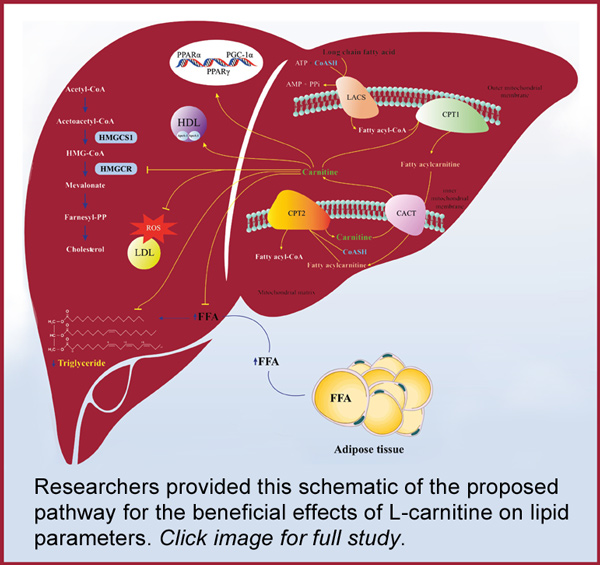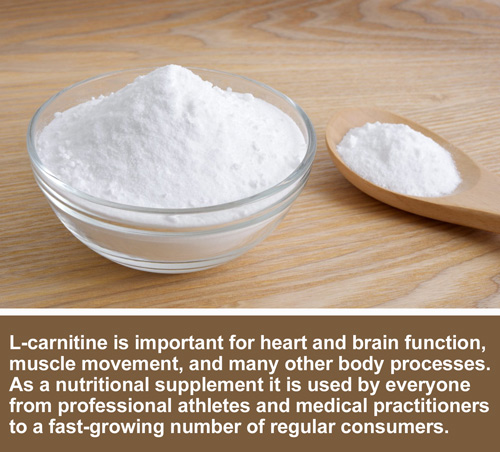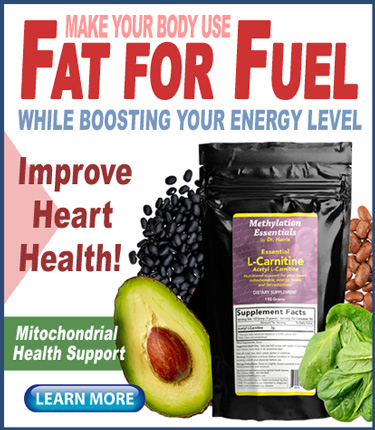The American Heart Association website reports that cardiovascular disease (CVD) has been the leading killer of Americans for decades.
Notwithstanding this infamous ranking, the website also proclaims that “medical advances and prevention efforts have helped Americans fight back against CVD.”
Then comes the caveat: “Sadly, this remarkable progress has stalled.”
Apparently this stalled progress refers to the fact that the accepted procedure for treatment—managing cholesterol levels with statin drugs—has failed to rein in skyrocketing CVD rates.
But progress has continued… at least to those who dare to look outside the industrial medicine paradigm. Even with acknowledging that some CVD risk is hereditary, we now know that CVD can be reduced when lifestyle changes are implemented in one’s life.
In addition to losing weight, having an active lifestyle and reducing stress, it is now becoming mainstream to acknowledge that some nutrients have a potent impact on CVD risk. In fact, one nutrient, L-carnitine, is so potent that researchers say it has the potential to replace statin drugs as a treatment for some CVD patients.
L-carnitine basics
L-carnitine is a chemical-nutrient similar to an amino acid. Technically it’s a derivative that’s synthesized from other amino acids.
L-carnitine is acquired through food and/or supplementing. Meat, poultry, fish, and dairy products are the richest sources of L-carnitine. Vegetarians need not fear as the body can also synthesize L-carnitine from lysine and methionine.
Foods rich in lysine include legumes, avocado, nuts and grains. Foods rich in methionine include seaweed, spinach, sesame seeds, nuts, oats, white beans, chickpeas and corn.
New study details
Researchers in Iran investigated the possibility of using L-carnitine supplements as an alternative to statin drugs for combating low-density lipoprotein-cholesterol (LDL-C) and chronic heart disease (CHD).
The researchers, based at Tabriz University of Medical Sciences in Tabriz, Iran, conducted an umbrella meta-analysis using a random-effects model. A total of 13 studies met the inclusion criteria.
The researchers found that L-carnitine supplements exceeding 2 grams per day were consistently able to positively change the lipid profiles of the CHD patients.
The published findings documented that L-carnitine supplementation was able to reduce total cholesterol, triglycerides, and LDL cholesterol levels. At the same time HDL cholesterol (commonly known as the “good cholesterol”) was increased.
The studies included in the meta-analysis were published between 2013 and 2021, and the participants’ average age ranged from 26 to 53. In the studies, L-carnitine administration ranged from 0.54 grams per day to 2.4 grams per day on average across studies.
The authors of the study wrote that the potential mechanisms behind these effects include “L-carnitine’s role in transporting fatty acids across mitochondrial membranes, enhancing beta-oxidation, reducing free fatty acid availability, and inhibiting cholesterol synthesis.”
In addition, the authors noted, “L-carnitine exhibits antioxidant and anti-inflammatory properties, which can further modulate dyslipidaemia (the imbalance in blood lipids) and protect LDL from oxidative stress.”
Finally, it was reported that L-carnitine was able to reduce the conversion of free fatty acids to triglycerides, and ultimately prevent the build-up of triglycerides.
Study significance
The importance of the findings cannot be understated since dyslipidaemia is the most recognized risk factor for CHD.
The good news is dyslipidaemia is also a modifiable risk factor, meaning it can be improved by the patient. If these “modifications” can be carried-out using lifestyle changes—including supplementing—they can challenge the entire cholesterol medication industry.
Currently statin drugs are used to lower LDL cholesterol levels, and with billions of dollars in profits at stake the side effects of statins, and the importance of implementing lifestyle changes, are both downplayed.
According to Globe Newswire, the global statins market was US $15 billion in 2021. Estimates suggest that nearly one out of every four Americans over the age of 45 takes a statin drug.
And there’s no slowdown on the horizon. Globe Newswire further notes that “Increasing incidence of high cholesterol & obesity is expected to drive the global statins market,” and predicts growth to $22 billion by 2032.
Perhaps in the near future, after ongoing research corroborates the Iranian study, L-carnitine supplements will provide an alternative to statin prescriptions.
The study was published in Frontiers in Nutrition in September 2023.
For premium quality L-carnitine powder, check out Essential L-carnitine from Optimal Health Systems. Click banner ad on this page to learn more.
– – –
Sources: Frontiers in Nutrition, Heart.org (American Heart Association), Globe Newswire.



